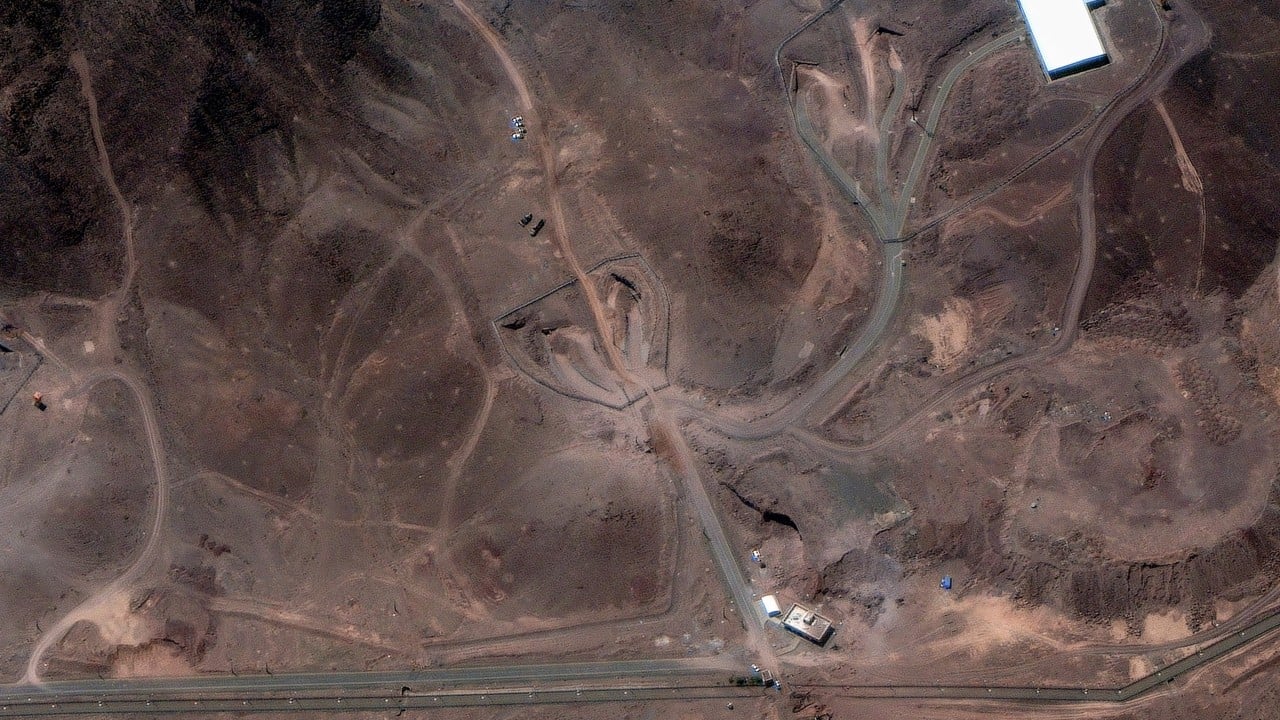Iran’s crushing defeat in its brief but devastating war with Israel has sent shock waves far beyond the Middle East, casting fresh doubts on the viability of nuclear non-proliferation and raising fears of a renewed global push to acquire nuclear weapons.
Advertisement
Without a credible nuclear deterrent, Tehran proved unable to effectively defend or retaliate against Israel’s pre-emptive strikes on key personnel and nuclear facilities, despite its much-touted strategic alignment with China and Russia.
While many believe Israel’s strikes, enabled by the United States, achieved only limited success in delaying rather than destroying Iran’s nuclear programme, they have nonetheless exposed Iran’s vulnerabilities and the limits of its strategic partnerships.
Both China and Russia issued strong statements condemning Israel and the US but showed little inclination to intervene or offer tangible support when it mattered most. This left Tehran effectively isolated, despite its joint maritime drill with Beijing and Moscow in March – an exercise that now seems just a symbolic show of unity.
Preoccupied with Russia’s war in Ukraine and Western sanctions, President Vladimir Putin later clarified that Moscow’s alliance with Tehran lacked joint defence commitments – serving to highlight Moscow’s intent to avoid being dragged into direct conflict with Israel or the US.
Advertisement
In recent years, China has sought to project itself as a responsible global power – mediating between Iran and Saudi Arabia, proposing peace plans for Gaza and Ukraine, and advancing its vaguely defined Global Security Initiative and “new Asian security concept”. But the Iran-Israel war laid bare the gap between China’s great-power ambitions and its actual reach in the volatile region.

